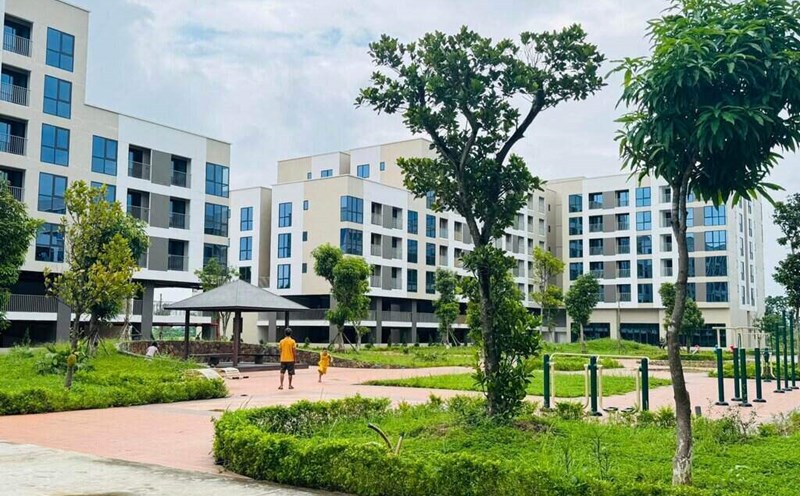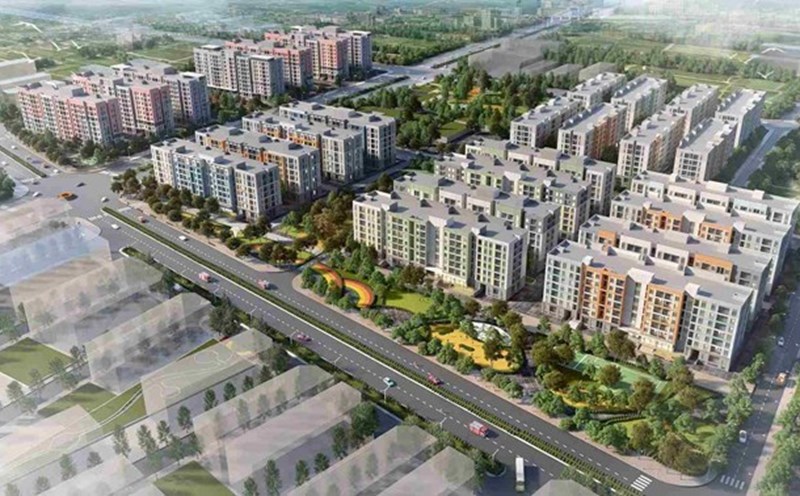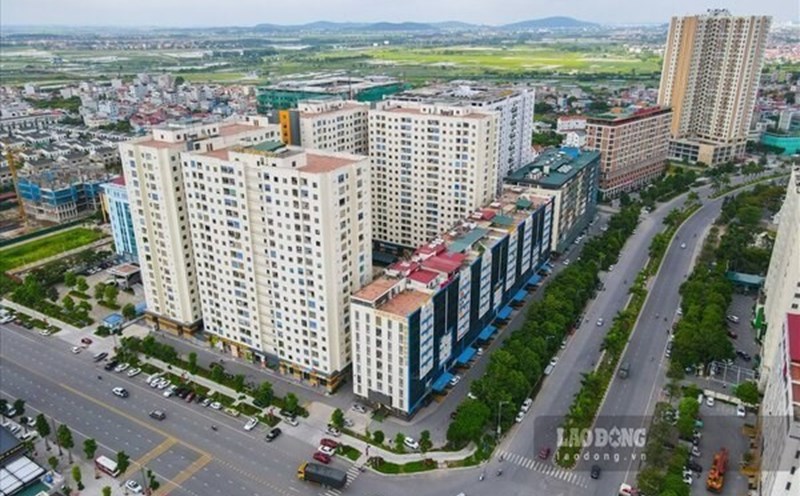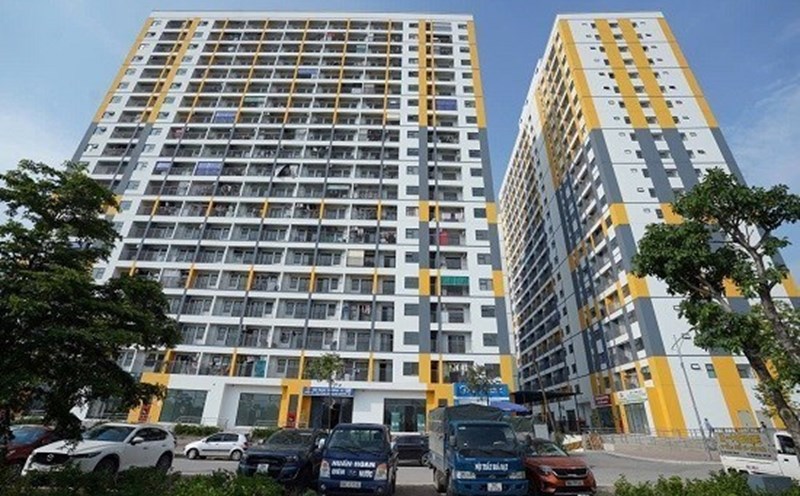In fact, for a long time, the majority of civil servants and workers in large cities have fallen into a "dilemma", when their income and savings are not enough to access commercial housing but are too high in standards to be able to buy social housing.
Therefore, if the proposal to increase the income threshold is officially approved, civil servants and workers will have more opportunities to buy social housing.
When the Government sets a target of developing at least 100,000 social housing units in 2025, and at the same time assigns personal responsibility to the secretary and chairman of the Provincial People's Committee in realizing this goal, it is not only a development target but also a clear political commitment.
"Settling down and making a living" is a basic need. For workers, it is also a sense of security and confidence in the future. A stable place to live will help young civil servants and workers to relieve one of the biggest burdens in life, to work with peace of mind, be creative and contribute long-term.
Innovating social housing policies is therefore also a way to give people trust, strengthen the attachment between workers with the workplace and the locality of residence, contributing to retaining and developing human resources for society.
This confidence is further strengthened when the Government also directs institutional improvement, builds a national housing fund, promotes the disbursement of a VND120,000 billion credit package, and requires localities to assign responsibility to leaders in developing social housing. These moves help increase supply, expand access opportunities for people and limit the situation of having demand but lacking projects. In particular, on August 19 alone, 22 social housing projects were started simultaneously in many provinces and cities such as Ho Chi Minh City, Hanoi, Quang Tri, Ninh Binh, Bac Ninh... This is a clear demonstration of the Government's determination to turn commitments into actions, towards the goal of 1 million social housing units soon becoming a reality.
Of course, in the social housing problem, raising the income threshold is just a positive piece. To make workers truly settle down, it is necessary to develop more affordable commercial housing segments, encourage long-term rental models, as well as build flexible mechanisms for each economic zone.
But most importantly, the opportunity to "set up a career" for civil servants and low-income workers has never been nearly like now!














